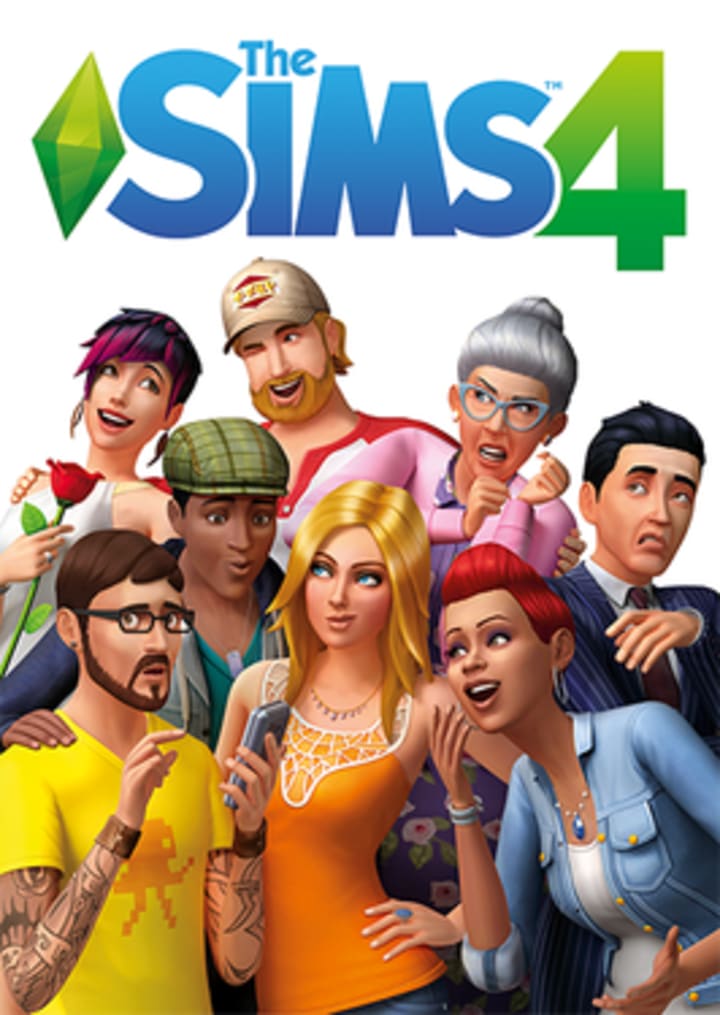
It is a Monday afternoon. You have spaced out for the last few minutes staring blankly at the computer screen before you; any noise around you is background noise, muffled or static, but still very present. You have things to do, things you very much want or need to do, but you have spent the day entirely in a paralysis-like state, listening to your inner voice repeat over and over the things you had on your agenda for the day, but you can’t bring yourself to do them.
Does this sound familiar?
For people with neurological disorders, brain injuries, or mental health diagnosis, this is a very common occurrence; it is called Executive Dysfunction.
These functions can be split into four components:
• Working memory – a system that helps us process, store, and manipulate information in conscious awareness.
• Inhibition – The ability to hold back an automatic, learned response that can be inappropriate or irrelevant in the present context.
• Set shifting – The ability to modify attention and behavior in response to changing demands.
• Fluency – Ability to maximize production and processing of verbal or visual info.
Any problems with these functions affect reasoning, problem-solving, planning, time-management, organizational skills, attention, creative thinking, and memory.
In summary, executive functioning helps you get things done.
Executive dysfunction’s most common effects are:
• Difficulties with starting, organizing, and carrying out activities
• Rigidity of thoughts and actions (difficulty in adapting)
• Poor problem-solving skills
• Impulsivity
• Mood disturbances
• Difficulties in social interactions
• Difficulties with memory and attention
I have tried everything to work through these problems using techniques given by peers, teachers, therapists, and other specialists. Checklists that would end up discarded, time organizers that would be snoozed or ignored, schedules that I would lose, calendars that I would use the first few weeks but ended up gathering dust in some abandoned corner of my office, meeting with teachers/supervisors to stay on task, etc. You name it, more than likely I tried it.
The pandemic made it more apparent, but something that had never crossed my mind made it manageable.

I started playing The Sims 4 again towards the end of 2020, after many failed attempts at enjoying the game years before. This time, I gave myself a prompt, as a form of a self-reflective exercise: If you had all your basic needs taken care of (max motives cheat) and money to take care of yourself and your family (motherlode cheat), what would you do?
If you have gone to therapy at any point in your life, you might recognize this or a variant of this question. This is called “The Miracle Question” and it is a technique used in solution-focused brief therapy.
I had used it before as a student practicing to become a therapist and on the seat of the client with my therapist. It had never quite worked, mostly because my suspension of disbelief was weak, but this time, I had a full simulation playing before me of all the things I could do.
Initially, I hype fixated on getting my Sim to do everything on their aspirations milestones; this became tiring and frustrating as all I was doing was sitting back and clicking continuously on interactions that would build the skills needed for my selection (Bestselling Author) and using the fast-forward button to get those things done quicker in real time. It was tedious, boring, and it made it difficult to enjoy what should have been a leisure activity.
So, I decided to change things up again, taking this a day at a time to see what would happen if I didn’t rush my young adult Sim through a process that I haven’t even gotten into myself. I broke down things I wanted and needed to do into smaller tasks, stuck to a “daily” schedule of routine stuff (hygiene, food, cleaning), hobbies (guitar, painting, gardening, writing), and work towards the aspiration (writing and publishing), while also allowing time for my Sim to form relationships, go to events, and do other fun activities.
As achievements on the milestones and personal whims of my Sim began rolling in, I figured that if it had worked in-game, I might as well try it out myself. Seeing this best-scenario Sims of me doing shit and enjoying it, while also allowing for negative moodlets to affect them (mostly on the lone wolf character trait creating tension with the need to socialize) gave me motivation to do shit.
In real life, I categorized things similarly to what my Sims had to do through the day:
1. Routine: Personal hygiene, food, cleaning, taking care of my companion animals.
2. Hobbies: Writing, painting, gardening (not yet picking up the guitar, but soon!)
3. Work: Actual work (regular 8-5 office job) and writing (aspiration)
Then I assigned tasks on my calendar but made a flexible schedule so that I could do it at any point of the day, as long as I initiated the thing or completed it. This has been working wonders on my motivation and has helped me enjoy the little things in my life more, making life an accumulation of little things to celebrate or mourn over. It has helped me adapt to this changing world faster.
I still need reminders of these from time to time. Whenever I need a confidence boost, I login again and my Sim going places, getting shit done, having victories and defeats in the span of an hour or less. Then logout and apply it irl.
About the Creator
cadaveres
Queer Mexican writer, editor, and translator. My work centers on the stigma of mental health: life with comorbid mental health diagnoses, finding accessible resources and competent specialists, and healing. | https://linktr.ee/cadaveres






Comments
There are no comments for this story
Be the first to respond and start the conversation.